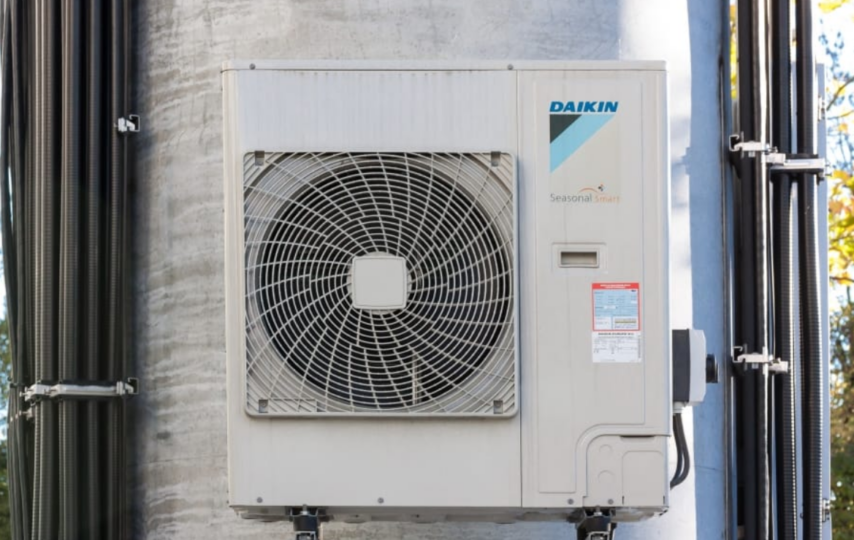An air conditioner isolator, also known as isolator switch, is an essential component of any air conditioner system. It allows the AC to be turned off, which has many practical applications. Prioritizing safety first, the isolator switch offers a quick way to turn off the electricity in the event of an emergency or during routine maintenance by an expert like marvellous.
By turning off the power to the system, technicians can perform inspections and other maintenance without risking injury. In addition, the isolator switch safeguards the cooling system from harm, extending its useful life. To have a secure and effective cooling experience, it’s crucial to understand the role that an air conditioning isolator plays in the system. For more, visit www.airconservicing.org.
1. Electrical Safety:
The major function of an air conditioner isolator is providing a simple and secure method of disconnecting the air conditioner from the electrical supply. It eliminates the potential for electric shock and injury to technicians working on the system. The air conditioner’s power source can be immediately shut off using the isolator switch in the event of an electrical emergency.
2. Maintain And Repair:
Repairs and upkeep are also necessary to keep air conditioning units operating at peak performance. Technicians can turn off electricity to the equipment and make repairs without risk thanks to the isolator switch. It saves time and avoids the hassle of turning off the electricity to the whole building or just that circuit.
3. Emergency Situation:
The air conditioner’s power can be quickly and simply cut off using the air conditioner’s isolator in the event of an emergency, like a refrigerant leak and overheating. This lessens the possibility of a fire or other catastrophe and helps prevent future system damage.
4. Compliance with Electrical Code:
An isolator switch is often required by electrical rules and laws for air conditioning units. The purpose of these regulations is to establish standards for safe electrical installation and upkeep. You may show compliance with the rules and encourage a risk-free workplace by installing an air-con isolator switch.
5. System Protection:
The air conditioner is protected from power surges and voltage fluctuations by an isolator switch. It protects the unit from potential electrical damage caused by power fluctuations and lightning by cutting off power to it in such situations. As a result, you can save money on maintenance and replacements and the air conditioner will last longer.
6. Convenience and Ease of Use:
The isolator switch for an air conditioner is often placed in close proximity to the actual air conditioner itself. Users can manage the AC without having to go through the main electrical control panel and the circuit breakers. It allows for speedy power down in the event of an emergency or when the machine isn’t in use, improving usability overall.
7. Meeting Warranty Requirements:
The setting up of an isolator switch is often a condition of air conditioner warranties. If an isolator switch is not fitted, the manufacturer’s warranty may be nullified, and you’ll have to pay for any necessary repairs or replacements out of pocket. As a result, an air conditioning isolator is a need for maintaining warranty eligibility and guarding against financial loss.
8. Fire Prevention:
Air conditioners produce heat when running, and electrical fires are possible in the event of system failure or other malfunction. In the event of such a crisis, an air conditioner isolator switch can be used to immediately off power to the device. The isolator switch quickly cuts off the electrical supply in the event of an emergency, protecting the building’s occupants or the surrounding area from potential damage caused by a fire.
9. Compliance with Building Codes:
Having an air conditioning isolator switch installed is often a requirement of local ordinances and building rules. These regulations guarantee that all electrical systems are kept in good working order and up to code for safety. You can protect yourself from legal and financial risks connected with noncompliance with these rules if you follow them, in addition to ensuring the safety of passengers.
10. Environmental Responsibility:
To be environmentally responsible, it’s important to be able to shut off the cooling system when it’s not in use, and an air conditioner’s isolator switching makes that easier. The result is less carbon dioxide released into the atmosphere and more energy saved. Businesses and homeowners alike can do their part to combat climate change by using the isolator switch to actively regulate the power going to the cooling system.








